Actress Tian Hua, 96, was awarded the national honorary title of People's Artist this month in an order signed by President Xi Jinping ahead of the 75th anniversary of the founding of the People's Republic of China.
The order also awarded national medals and honorary titles to 14 other individuals recognized for their outstanding contributions to the country's development.
Born into a poor family in Hebei province, Tian's life changed in 1940, when at the age of 12 she was captivated by a stage drama performed by an Eighth Route Army art troupe in the Jin-Cha-Ji border region, which now encompasses Beijing, the provinces of Shanxi and Hebei, and the Inner Mongolia autonomous region.
She joined the troupe and became an actress, touring with it to perform and boost the morale of residents and soldiers during the turbulence of the War of Resistance Against Japanese Aggression (1931-45) and the War of Liberation (1946-49). She joined the Communist Party of China at age 16.
In 1949, Tian was given the role of Xi'er, the protagonist in The White-Haired Girl, the country's first revolutionary-themed blockbuster. The film was based on a well-known folk tale depicting a tenant farmer's daughter being oppressed by a lecherous landlord, compelling her to flee and seek refuge in the mountains, a journey that leads to her hair turning white.
"It was a rainy day in late autumn when I learned that I had been selected to play the lead role," Tian said in an interview with the television program China Movie Report. "It was my debut in film acting."
Her poverty-stricken family background enabled Tian to deliver a compelling performance that garnered nationwide acclaim. That success paved the way for her to star in more acclaimed films, including Daughter of the Party (1958), Loyal Army Brave Hearts (1963) and In and Out of Court (1980).
In the late 1980s, Tian worked as head of the performers' troupe at the August First Film Studio, showcasing her passion for both the stage and the silver screen. The veteran artist has always focused on staying connected with the people and immersing herself in their lives, considering it the key to delivering convincing performances in her films.
Pan Yilin, a TV anchor and director who has known Tian for 28 years, told China Daily, "She is a highly respected artist and is praised by almost everyone who knows or works with her."
The host of the China Movie Channel talk-show program Liu Jin Sui Yue (Gone the Golden Years), which was launched in 1996 to interview artists who featured in classic movies, Pan has had multiple interviews with Tian and said he has been impressed by her easygoing nature and remarkable memory.
"I recall years after our first interview, she warmly greeted me by my birth name," Pan said. "It made me feel that she is not just a big star but more like an old friend."
He gave one example of Tian's dedication during the filming of The White-Haired Girl. Due to the primitive makeup techniques of the time, the makeup artist used a mixture of glue and white paint to color Tian's hair. The process of applying and removing it was time-consuming, and the pulling on the scalp was painful.
"Despite these challenges, she persisted through it all," Pan said.
In 2017, Pan produced the documentary Yan Yuan (Once Upon a Time), which chronicled the artistic careers and cinematic influence of the top 22 movie stars, including Tian, since the founding of New China. The list was selected by major studios based on a proposal by then premier Zhou Enlai in 1962.
Pan said the documentary sought to preserve the oral history of early Chinese cinema, because esteemed elderly artists like Tian could act as beacons, illuminating the path for future generations and inspiring young talent to pursue their dreams and passions.












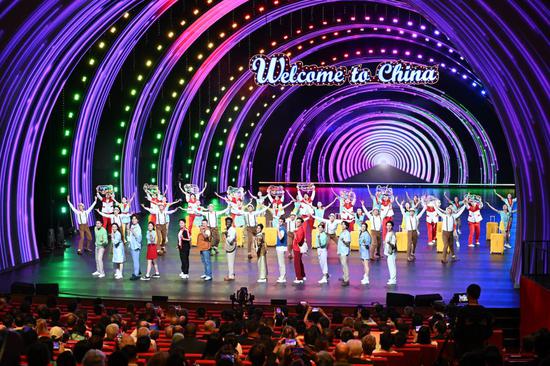




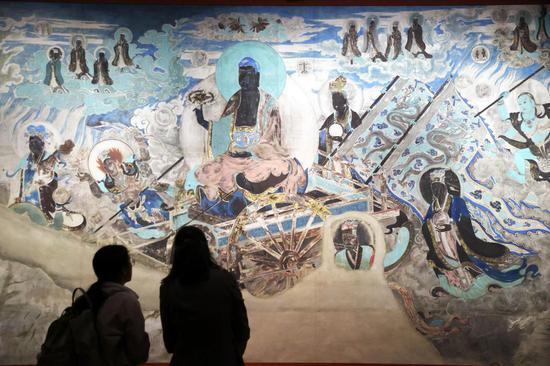
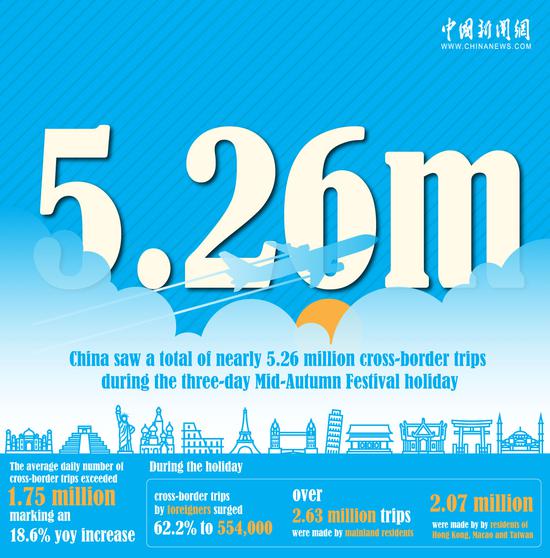
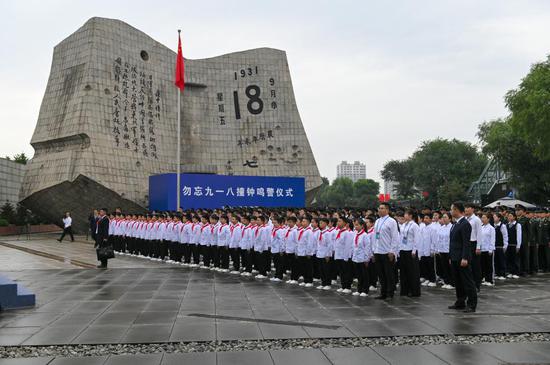


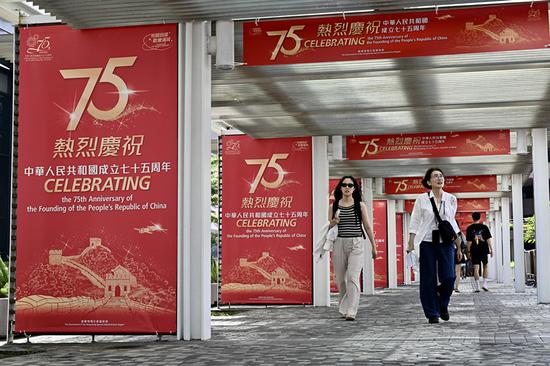
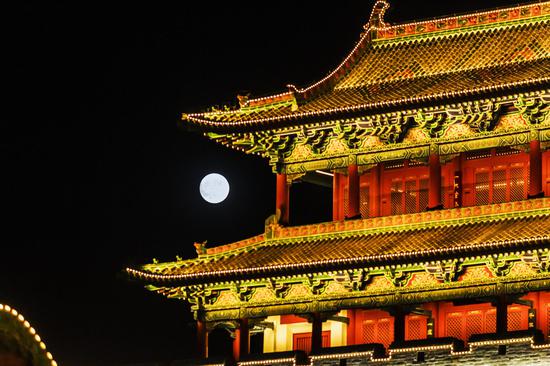
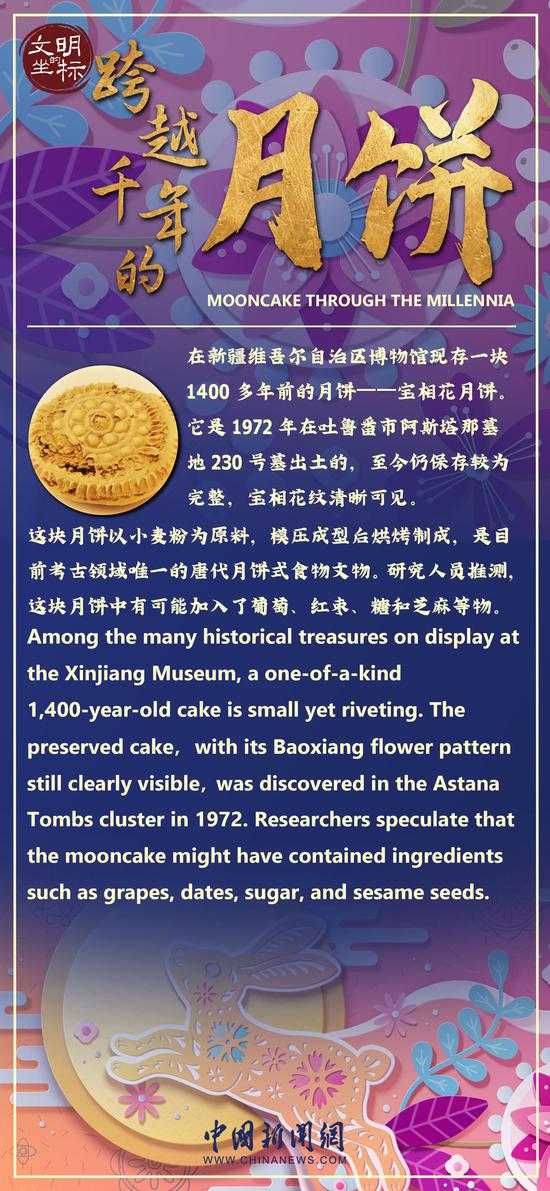
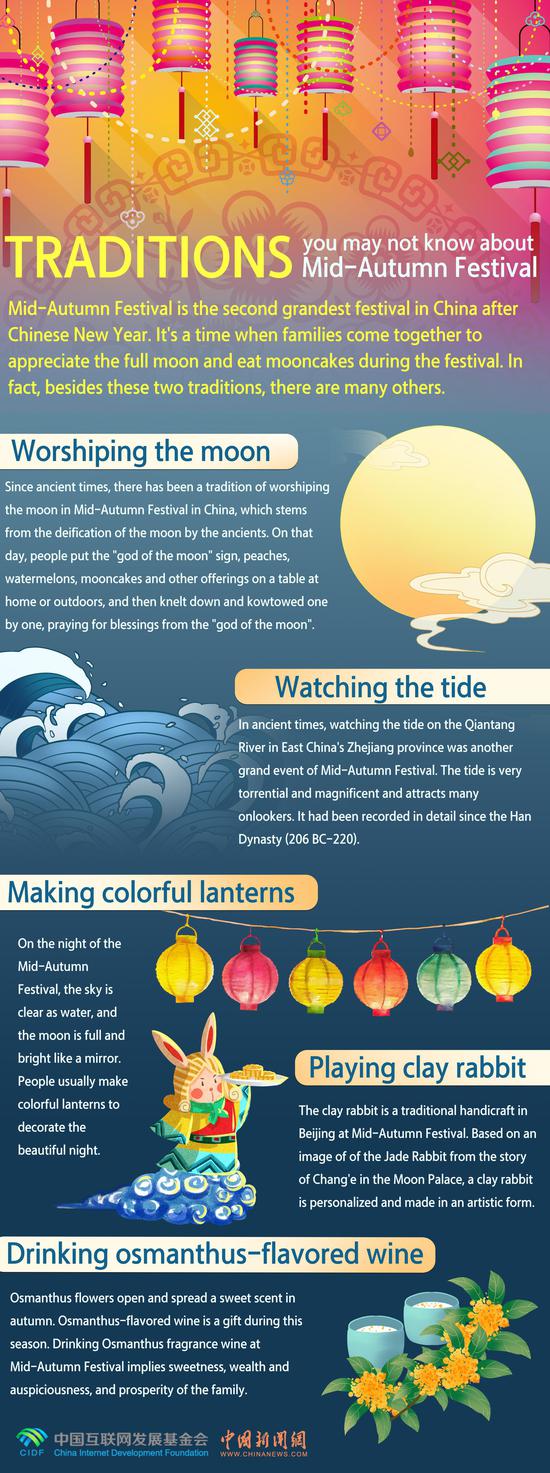

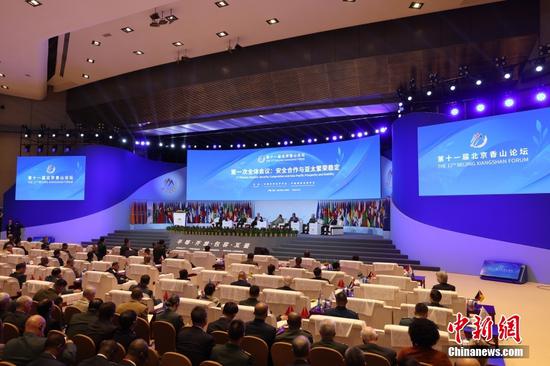

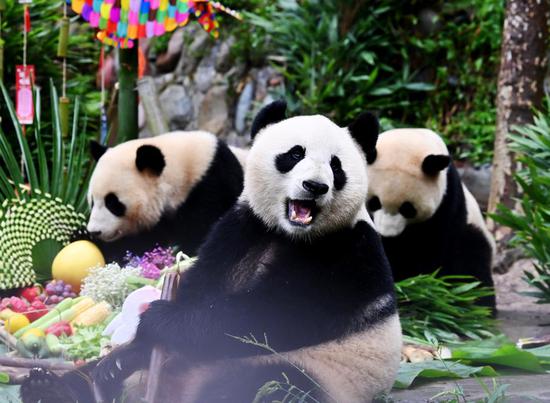

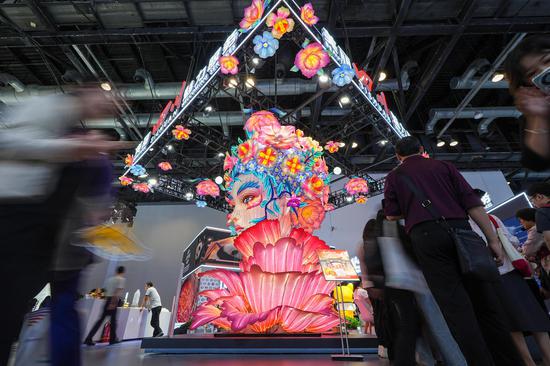
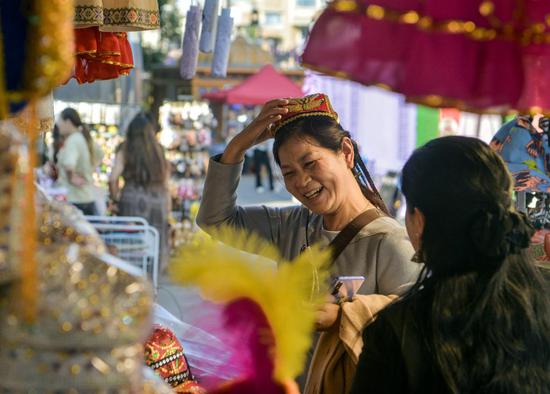

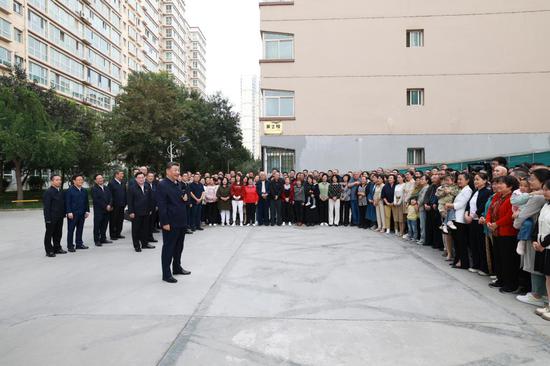






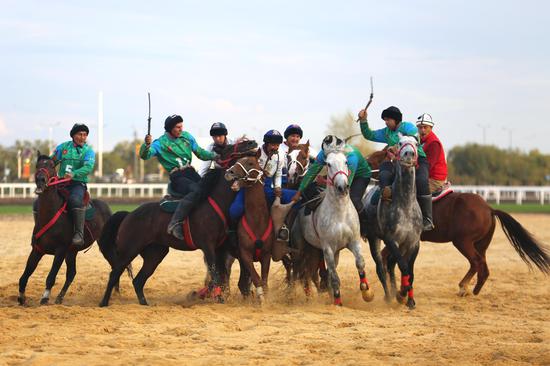




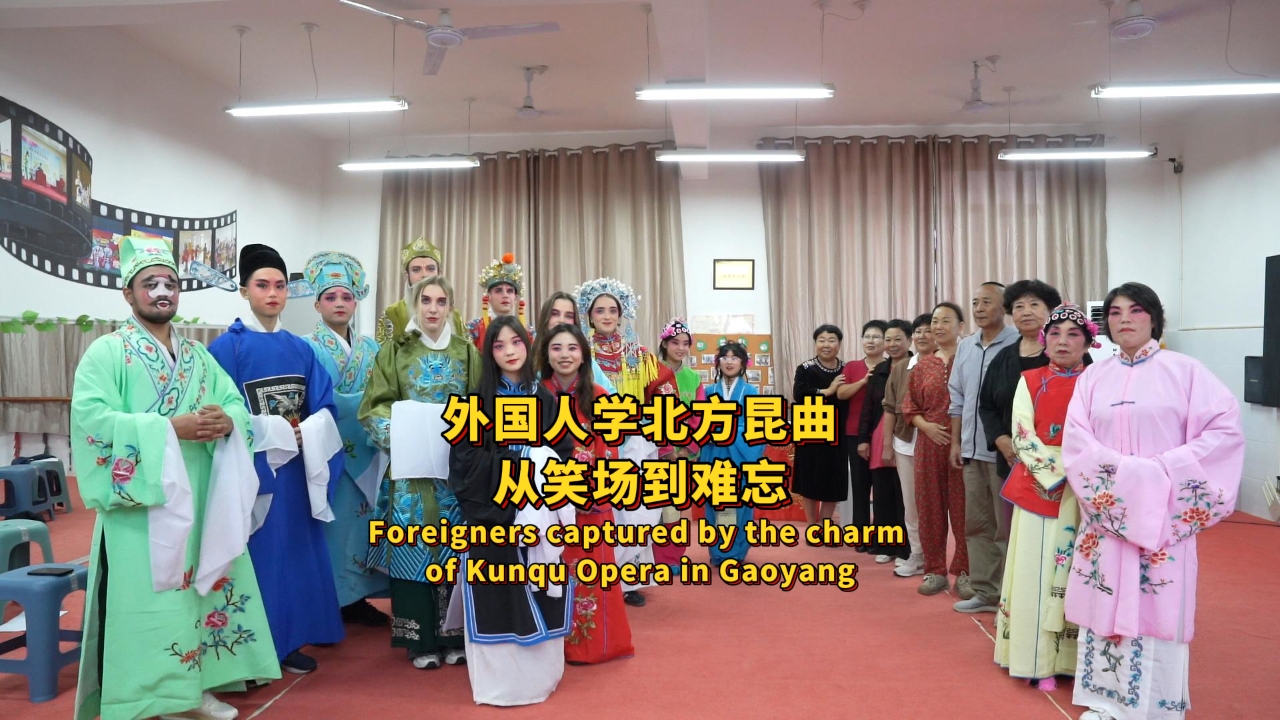

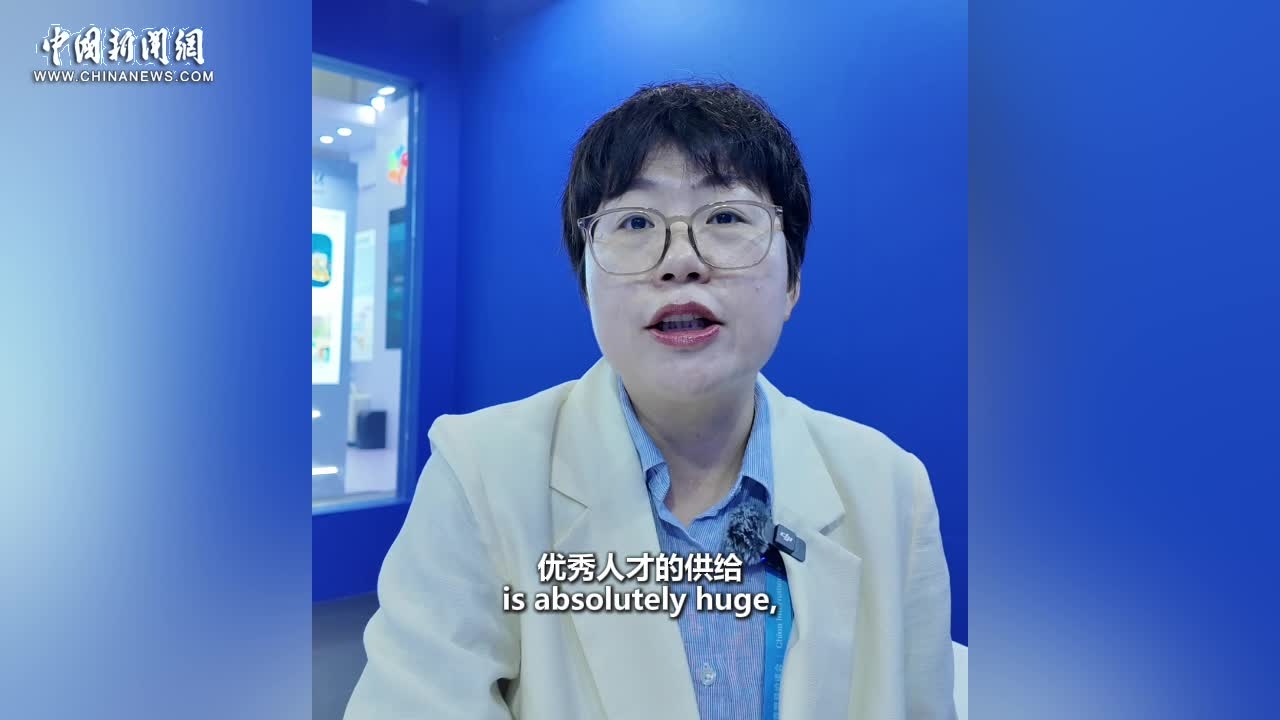

 京公网安备 11010202009201号
京公网安备 11010202009201号